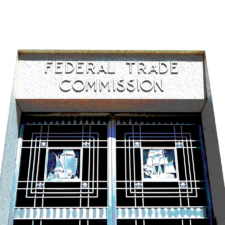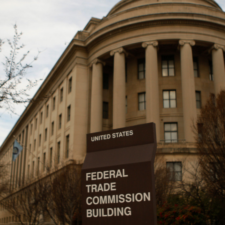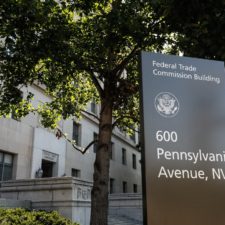
The Federal Trade Commission is making it easier for consumers to cancel subscriptions. In a final “click-to-cancel” rule, the Commission announced it will prohibit sellers from misrepresenting facts while using negative option marketing and will require sellers to provide important information before obtaining billing details or charging customers.

The Federal Trade Commission’s (FTC) efforts to ban noncompete agreements continues. This past weekend, on October 18, 2024, the FTC filed a notice of appeal challenging the August 2024 ruling by a US District Court judge in Texas, which effectively blocked the final rule that would implement the Commission’s noncompete ban.

How the dismantling of the Chevron deference doctrine could impact the direct selling channel and its interactions with the Federal Trade Commission In 1984, the US Supreme Court established a precedent: when faced with ambiguity, courts should defer to the government agency with the most expertise. The original lawsuit Chevron USA, Inc. v. Natural Resources Defense Council, known simply as the Chevron […]

The Federal Trade Commission believes MLM income disclosures can be misleading. In its recent FTC Staff Report: Multi-level Marketing Income Disclosure Statements, the Commission emphasized that many MLM income disclosures lack clarity and present income data in confusing and ambiguous ways.

US District Judge Ada Brown has officially blocked the US Federal Trade Commission’s rule banning noncompete agreements. Brown had temporarily blocked the rule in July, stating the FTC did not have rulemaking authority.

After a Texas federal judge ruled against the Federal Trade Commission and its Rule seeking to end noncompete bans for workers, a Pennsylvania federal judge has ruled in the FTC’s favor.

Corporate social responsibility and advocacy are table stakes in today’s marketplace. Yet, companies of all kinds fall short on strategy in these areas. Direct selling companies possess the most potent of assets—independent sales forces and employee bases numbering in the tens of thousands—but often lack the know-how or motivation to effectively activate them as grassroots ambassadors who can inform, educate and advocate for their products, manufacturing processes, operations, independent sales forces, causes and missions and—most importantly—the direct selling industry itself.

The Federal Trade Commission’s April vote to approve a final rule banning noncompete clauses received swift and significant pushback from corporations who deemed the agreements necessary to their operations.

At a time when legislative gridlock in Congress means fewer regulations created by statute as well as increasing incidents of regulatory rule interpretation and expansion, direct selling companies are wise to step up or step into government affairs and advocacy at this time in order to proactively protect themselves. After all, once the Federal Trade Commission comes knocking, it really is too late.

In recognition of its successful defense of Neora in an epic victory against the Federal Trade Commission (FTC), the inaugural winner of the new Bravo Supplier Award is Foley & Lardner. Foley is not new to the industry. It has been representing direct selling companies for over 40 years.

To better understand the significance of this drastic revenue increase and the growth patterns that surround it, Direct Selling News analyzed the financial trajectory of the top 100 direct selling companies in North America with at least $50 Million in annual revenue, and three international direct selling companies with at least $50 Million in North American revenue.

The Federal Trade Commission voted to approve a final rule banning noncompetes nationwide. The commission expects the ban will promote more than 8,500 new startups each year, boost worker wages and innovation, and will protect “the fundamental freedom of workers to change jobs.”
- 1
- 2
- 3
- …
- 7
- Next Page »